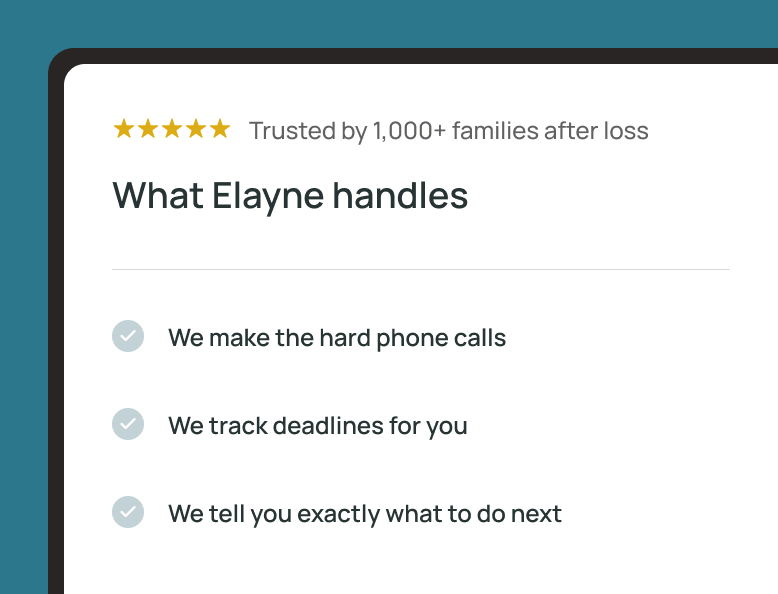Key Takeaways:
- A thoughtful funeral speech honors the deceased and offers comfort to those grieving.
- The structure typically includes an introduction, personal memories, and a meaningful closing.
- Speak from the heart—sincerity is more powerful than perfection.
Writing and delivering a funeral speech, also called a eulogy, can feel overwhelming. Emotions run high, time is limited, and the pressure to “get it right” may feel intense. Yet, offering words at a funeral is one of the most meaningful ways to honor someone’s life and support those mourning.
Whether you’re speaking as a close family member, a lifelong friend, or a respected colleague, your words can bring peace, evoke shared memories, and reflect the unique impact of the person who has passed. This guide offers a clear funeral speech outline, helpful writing tips, and delivery suggestions to help you prepare with confidence and compassion.
What Is a Funeral Speech or Eulogy?
A funeral speech, or eulogy, is a short address delivered at a memorial or funeral service. Its purpose is to honor the life of someone who has died, celebrate their legacy, and offer comfort to those in attendance.
Eulogies may be:
- Delivered by a family member, friend, clergy member, or colleague
- Religious or secular
- Lighthearted, emotional, formal, or conversational—depending on the tone of the ceremony and the wishes of the family
No two eulogies are the same, and there is no “perfect” way to do it. What matters most is sincerity.
Funeral Speech Outline
A structured outline can help you stay focused, keep your speech at an appropriate length, and ensure you touch on the most meaningful aspects of the person’s life.
1. Opening
- Introduce yourself and your relationship to the deceased.
- Thank everyone for attending the service.
- Acknowledge the reason everyone has gathered: to mourn, to remember, and to honor.
Example: “My name is Sarah, and I had the privilege of being Tom’s niece. Thank you all for being here today to remember and celebrate his life.”
2. Personal Memories
- Share one or two personal stories that capture the spirit of the person.
- Highlight their personality traits—kindness, humor, strength, creativity.
- Include the values or beliefs that defined their life.
Example: “I’ll never forget how Aunt Linda welcomed everyone into her kitchen—whether you were family or a stranger, you left feeling loved and full.”
3. Community and Impact
- Reflect on how the person influenced others.
- Include anecdotes or sentiments from friends, family, or coworkers.
- Mention their role as a parent, mentor, volunteer, or community member.
Example: “John coached Little League for over 15 years—many of his former players have told me how he helped shape who they are today.”
4. Closing Thoughts
- Express gratitude for having known the person.
- Offer a meaningful quote, prayer, or poem.
- End on a note of peace, love, or hope.
Example: “Though we’ll miss her every day, I find comfort knowing her kindness lives on in each of us.”
Tips for Writing a Meaningful Funeral Speech
If you’re wondering what to say at a funeral, these tips will help you find the right words:
- Write as you speak: Use your natural voice. A funeral speech doesn’t need to be poetic—just heartfelt.
- Keep it focused: Aim for 3 to 7 minutes. Choose a few key memories or themes.
- Read it aloud: This helps you catch awkward phrasing and check your timing.
- Prepare a copy: Bring a printed version or note cards. Emotions may make it difficult to speak off the cuff.
Common Pitfalls to Avoid
- Overloading the speech: Resist the urge to list everything. Less is more—focus on quality over quantity.
- Making it about yourself: While personal stories are welcome, keep the emphasis on the deceased.
- Using unclear humor: If you include humor, ensure it’s gentle and widely understood.
- Reading it for the first time at the podium: Practice builds confidence and helps manage emotions.
FAQs
1. How long should a funeral speech be?
Most funeral speeches are between 3 to 7 minutes. This allows time for other speakers and moments of reflection.
2. Do I have to write it down or can I speak freely?
You can speak freely, but writing it down helps you stay on track—especially if you get emotional.
3. Can I include humor in a funeral speech?
Yes, if it’s appropriate and respectful. A lighthearted story can bring smiles and comfort during a sad time.
4. What if I get too emotional while speaking?
It’s okay to pause, take a breath, or ask someone to step in. People understand—tears are part of love and loss.
A funeral speech is one of the most personal, heartfelt gifts you can give to someone you’ve lost. It’s a moment to share love, celebrate a life, and offer comfort to those grieving beside you.
If you’re wondering how to write a speech for a funeral or how to end a eulogy, remember this: speak honestly, focus on what mattered most, and take your time. You don’t need perfect words—just real ones.
Whether you’re delivering a full eulogy or simply saying a few words, trust that your voice, your memories, and your presence are enough.












































